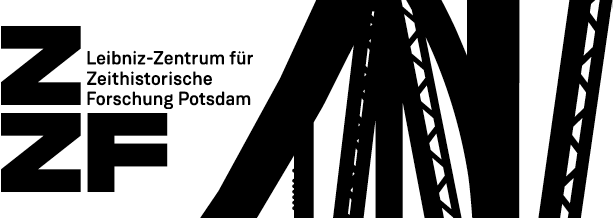Martin Kalb (Bridgewater, USA): Fighting Nature in Swakopmund, German Colonial Southwest Africa (1884-1915)
Vortrag von Professor Martin Kalb (Bridgewater College, USA)
Zeit: 18.00 (c.t.) - 20.00 Uhr
How did nature challenge German colonialism in Southwest Africa? What role did water, sand, and a small mollusk play as Germans tried to establish their first and, in many ways, only settler colony? These questions are at the center of a talk aiming to push environmental factors into the limelight of historical discussions. To do so, this paper explores the events surrounding the town of Swakopmund, a small coastal settlement defined as the main entry point (Eingangstür) into German Southwest Africa at the time. As a case study, or micro-history, Swakopmund arguably provides an excellent framework when showcasing the importance of widely underestimated environmental protagonists in the construction of the German empire; it also underlines the value of incorporating environmental history more broadly into discussions of German colonialism.
Martin Kalb is Assistant Professor of History at Bridgewater College, a small liberal arts college in Virginia. He got his M.A. at the University of Erlangen-Nuremberg (2007) and his Ph.D. at Northern Arizona University (2011). His research focuses on Germany and its empires, with an emphasis on youth cultures and environmental history. He has published articles on these topics, and a monograph titled Coming of Age: Constructing and Controlling Youth in Munich, 1942-1973 (Berghahn, 2016). He is currently completing research around environmental dynamics in German Southwest Africa.
Ein Vortrag im Berlin-Brandenburger Colloquium für Umweltgeschichte Sommersemster 2017 der Humboldt-Universität zu Berlin in Kooperation mit dem Zentrum für Zeithistorische Forschung Potsdam (ZZF).
Veranstaltungsort
Humboldt-Universität zu Berlin
Friedrichstr. 191-193, Eingang Friedrichstr.
Lift in den 4. Stock, Raum 4026
10117 Berlin
Kontakt und Anmeldung
Konzeption und Organisation des Berlin-Brandenburger Colloquiums für Umweltgeschichte (Sommersemester 2017):
Dr. Jan-Henrik Meyer (University of Kopenhagen/ZZF Potsdam)
Dr. Astrid M. Kirchhof (HU Berlin)
Eintritt frei| keine Anmeldung erforderlich
Kontakt:
Dr. Jan-Henrik Meyer http://zzf-potsdam.de/de/mitarbeiterinnen/fellows/jan-henrik-meyer
derzeit Visiting Fellow am Zentrum für Zeithistorische Forschung Potsdam
Am Neuen Markt 1
14467 Potsdam
Email: j.h.meyer [at] hum.ku.dk
Dr. Astrid M. Kirchhof
Humboldt-Universität zu Berlin
Email: astrid.m.kirchhof [at] geschichte.hu-berlin.de

